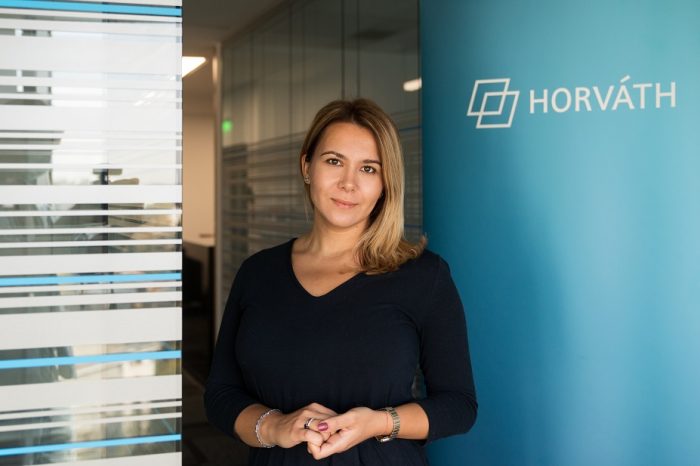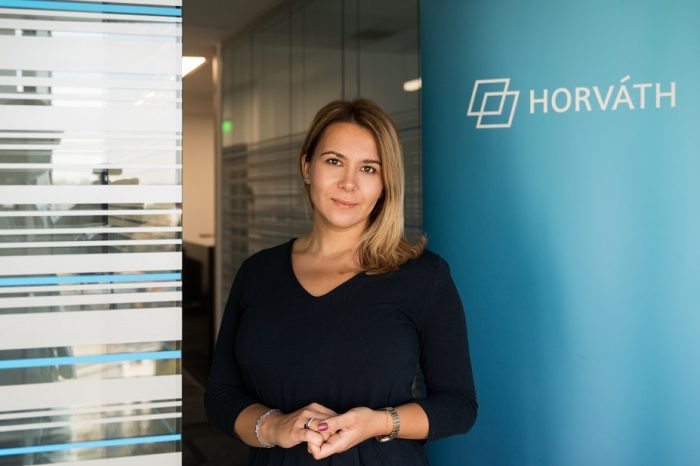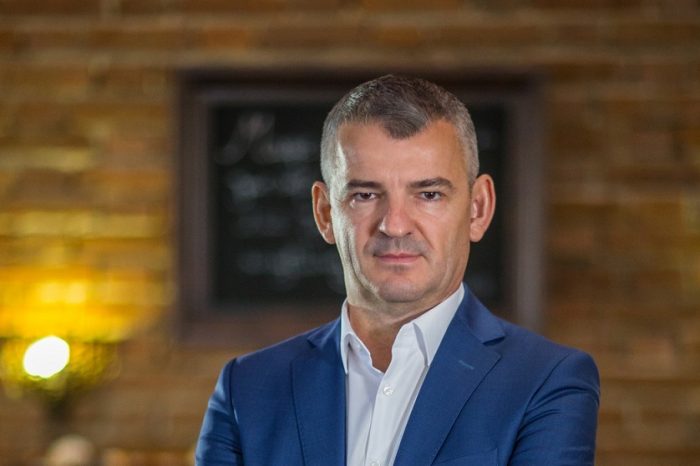Horváth: The Global Business Services market will continue to grow by up to 10-15% in Romania in the next 2-3 years

- Romania is still on an upward trend in the Global Business Services market and has the chance to strengthen itself as a regional leader in this sector, thanks to its solid base of technical skills, salaries that are still competitive, but also proximity to European markets.
- A development strategy oriented towards advanced services, automation and analysis in niche areas such as ESG will allow our country to capitalize on the huge potential of this industry.
The Global Business Services (GBS) market in Romania will continue to expand at a rapid pace, with an estimated annual growth rate of between 10% and 15% over the next 2-3 years, according to data from profile studies and estimates of the global management consulting company Horváth, also active on the Romanian market since 2005.
Romania remains a key destination for these services at the European level, in the context in which the global GBS market is going through a period of significant transformations and consolidations, maintaining its rapid growth rate. The global Global Business Services market has grown substantially in recent years, being valued at USD 276 billion in 2024 at a compound annual growth rate (CAGR) of 18%.
According to forecasts, by 2028, this market would reach the value of USD 521 billion, reflecting still great potential for growth. This evolution is determined by the structural changes within the companies, which move from models based on low costs to strategic business partnerships. An important aspect is the increased migration of GBS to strategic roles within organizations, away from classic assessments based on Service Level Agreements (SLA) or Key Performance Indicators (KPI).
Over 50% of GBSs already consider customer experience as their key performance indicator, while only 10% still focus on cost reduction. These centers are becoming increasingly involved in digital transformation and process automation within companies, and 83% of them play a crucial role in this, while 27% actually lead this transformation globally. Romania continues to be an attractive destination for GBS centres, due to a combination of factors such as competitive labor costs, access to a broad base of specialists in key areas, including IT, and proximity to European markets. Our country is, according to estimates, second in the European Union in terms of the number of IT specialists, with annual investments of approximately EUR 20 million in this field.
Despite a salary increase of around 10% per year, slightly above the official inflation rate, Romania remains competitive due to the favorable cost-to-skill ratio, especially in areas that require rare skills and advanced knowledge.
Multinational companies continued to open IT and AI service centers in 2024, and other well-known corporations expanded their operations in Romania, thus confirming the attractiveness of this market.
At the moment, the GBS market in Romania offers a diversified portfolio of services, including intelligent automation (with RPA and AI), extensive reporting and analytics, operational excellence, change management and complete end-to-end process management. In addition, Romania stands out through niche services such as risk management, complex data analysis and artificial intelligence, key areas for the future development of GBS.
In order to maintain this growth rate and strengthen its position on the global market, Romania must focus on attracting new investments, on strengthening digital skills and on the continuous development of the workforce.
An important aspect is the permanent investment in the development of existing human resources and the flexibility of the benefit packages offered to employees, an important attraction factor in a market that remains competitive. Romania continues to evolve from a low-cost market to a global hub for future skills such as artificial intelligence, data analytics, and continues to capitalize on employees’ language skills. The relevant industry must focus its efforts on integrating and strengthening these skills in order to attract investors and face global economic challenges.
Another important trend that will influence the future of the GBS market and which Romanian companies should take into account is the adoption of artificial intelligence (AI), which is already at the forefront of the global agenda of companies. AI is currently playing a central role in optimizing GBS center operations, particularly in areas such as Procure-to-Pay and Customer Service. In the coming years, companies that invest in AI will have a clear competitive advantage, both in terms of operational efficiency and the quality of services delivered.















